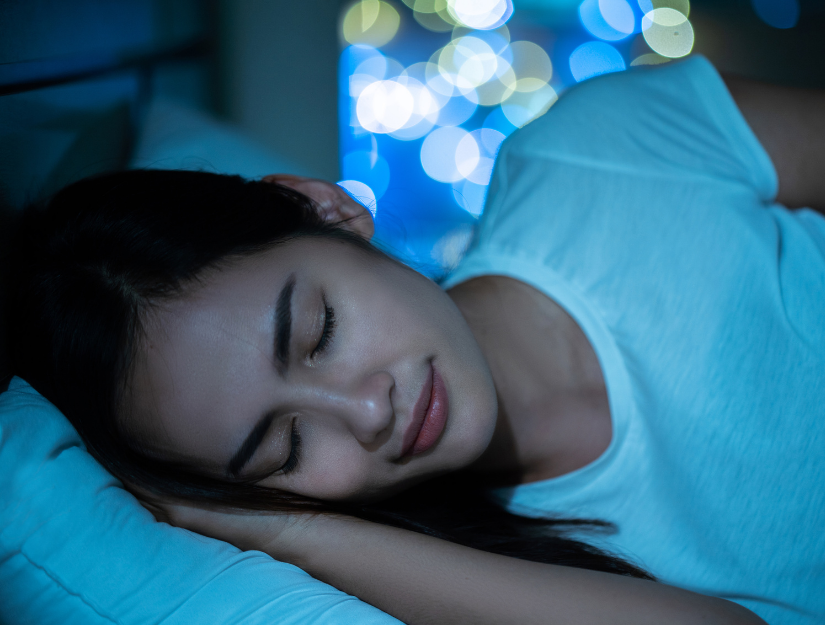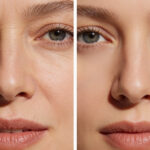Not Just Sleep, But Also an Important Hormone for the Skin
When melatonin is mentioned, the first thing that comes to mind is sleep. However, the effect of this natural hormone is not limited to sleep patterns. Melatonin also also plays an important role in skin health In this article, we examine the relationship between melatonin and the skin in a scientifically simple and clear manner.
What is Melatonin? Where and When is it Produced?
Melatonin is located in the middle of the brain pineal gland It is a hormone secreted by the body. Usually in the dark at evening hours Its production increases. This hormone regulates the body's biological clock (circadian rhythm) and affects many systems throughout the night.
Many organs, including the skin, benefit from the effects of this hormone.
Effects of Melatonin on the Skin
🌙 1. A Powerful Antioxidant Effect
Melatonin is a powerful antioxidant that fights free radicals. Free radicals, formed by factors like sunlight, pollution, and stress, can damage skin cells. Melatonin can help reduce this damage.
🧬 2. May Support Cellular Repair Process
Increased melatonin levels at night cause skin cells to the process of repair and renewal This can help the skin achieve a healthier structure throughout the night.
🔬 3. May Help Strengthen the Skin Barrier
Some scientific studies indicate that melatonin may have effects that support the structure of the skin's protective layer (epidermal barrier). This means skin that is more resilient to external factors.
Can Skin Also Produce Melatonin?
Yes. Interestingly, research has shown that the skin itself can produce melatonin. This production local defense and regeneration mechanisms is considered as a part of.
This means that melatonin has an effect not only on the brain but also on the skin. may have a direct impact shows.
Factors Affecting Melatonin Levels
Melatonin production can be affected by certain environmental and lifestyle factors:
- Artificial light and screen use (especially blue light)
- Habit of sleeping late
- Stress level and mental fatigue
- The sleeping environment is not dark
The suppression of melatonin release by these factors may also indirectly affect skin regeneration.
A Healthy Sleep Rhythm for Healthy Skin
Melatonin is not only a hormone that helps us sleep, but also It is a natural supporter that protects skin health.This hormone, secreted throughout the night, is involved in vital functions such as antioxidant protection, regeneration and repair at the cellular level.
It's important to remember that everyone's skin type and sleep patterns are different. If you're experiencing any skin concerns, it's important to consult a dermatologist.
📌 Notes:
This content is only general information It is prepared for this purpose. It is not intended as a diagnosis or treatment. If you have any health problems, you should consult your doctor.








